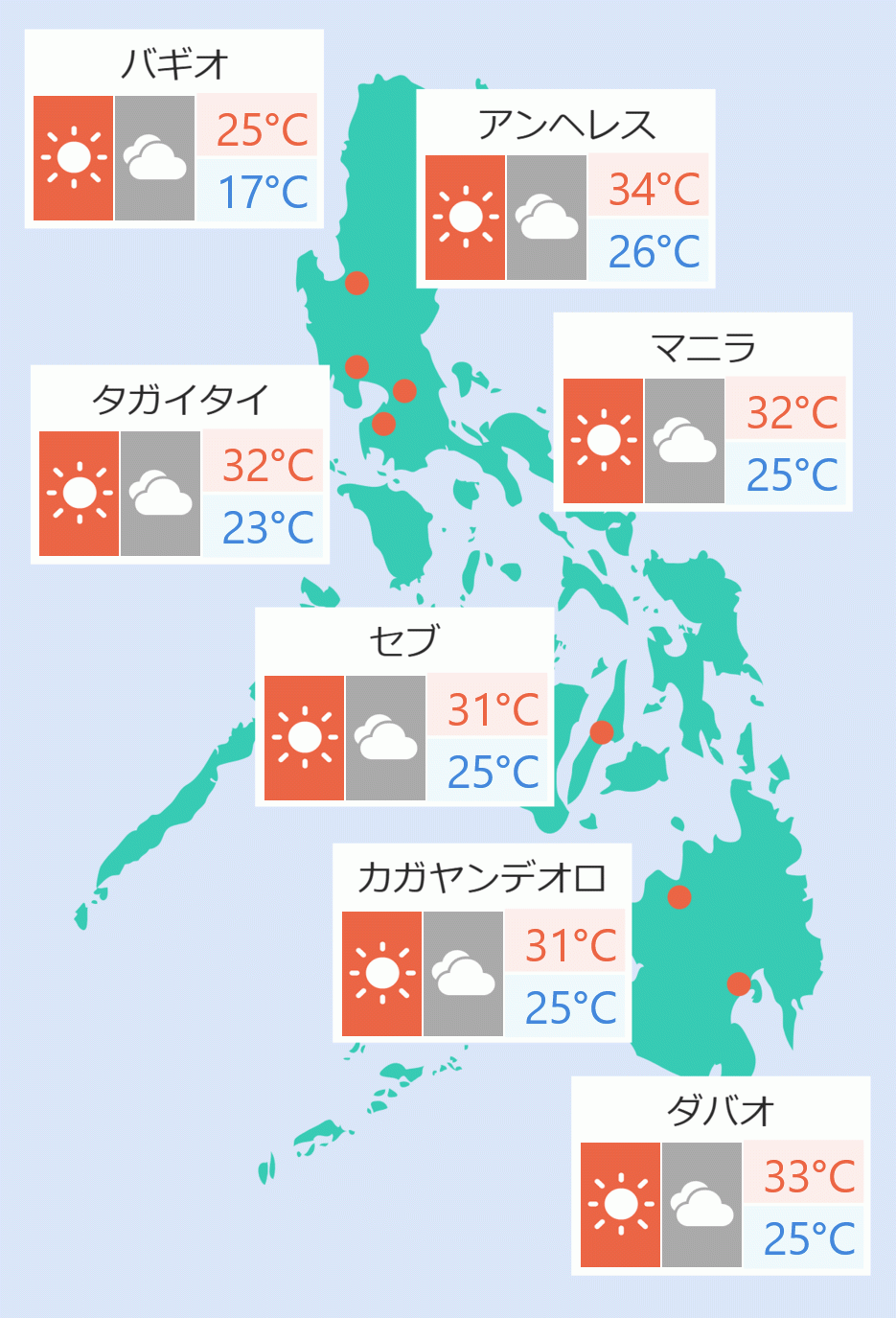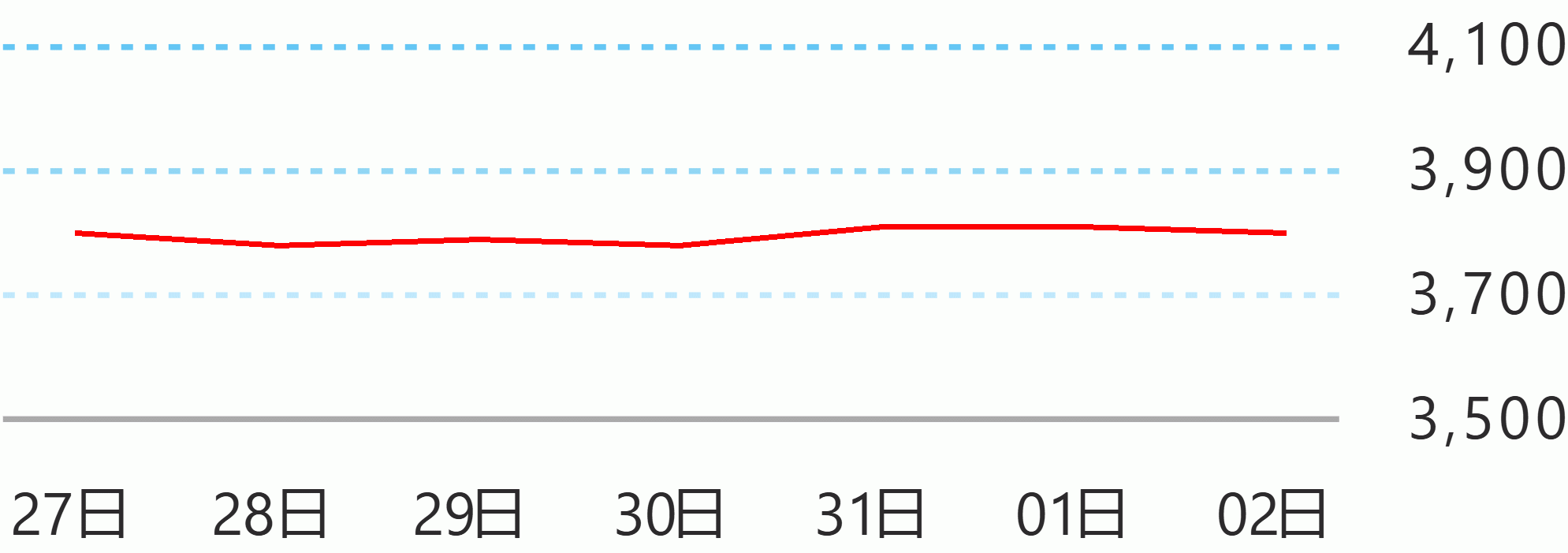An adviser of the National Task Force Against COVID-19 expressed hope on Monday that July and August would be the peak of coronavirus disease cases as infections would soon decelerate.
Teodoro Herbosa, also the executive vice president of the University of the Philippines System, in the virtual "Tapatan" media forum, noted that new confirmed COVID-19 cases have surged to 6,000 during the past days.
"This is July, August time because the prediction of our bioinformatics team is, this is the peak time and I do hope it's already decelerating," he said.
Herbosa said that based on their study, the transmission of the virus usually happens at home and in work places, including shuttle services of the employees.
He expressed concern that if the government would agree to some suggestions that face-to-face classes be done in some places, that could be another area where COVID-19 cases could easily be transmitted. Herbosa hoped that there would be no face-to-face classes in the meantime.
In case of workplace transmission, Herbosa cited the case in Laguna that while companies in the economic zones have shuttle services, when employees talk or share food with each other, they lower their face masks.
He underscored the need for cooperation among local government units and the companies as well as the communities and individuals in ensuring that minimum health standards, such as wearing of face masks, physical distancing, and washing of hands, are followed.
"The national government can only do so much. But the barangay, the individual behavior to prevent transmission in the workplace, this is needed, otherwise, our economy will really fall," he said.
Herbosa admitted that he was not in favor of the reimposition of the modified enhanced community quarantine in Metro Manila and in the provinces of Bulacan, Laguna, Cavite and Rizal.
He just agreed in deference to his colleagues - doctors and nurses - who have requested President Rodrigo Duterte for a "timeout" after the health system have been overwhelmed by COVID-19 cases.
Citing the hammer and dance theory, Herbosa said, "we are in the mode of the dance. We cannot keep using the hammer."
Under this principle, he said the hammer was the time when there was a lockdown in order to flatten the curve.
"In my contention here, we should play with the virus and go to GCQ (general community quarantine) and then MGCQ (modified general community quarantine...but continue minimum health standards," he said.
Herbosa warned that if the people would not follow the health protocols, there would come a time that other health cases, apart from COVID-19, could no longer be accommodated in the hospitals.
"The health system will be overwhelmed. And what does that mean? When you overwhelm the system, even the non-COVID will die. Those who need to undergo dialysis, those who have heart attack, those who have suffered from a stroke, there won't be anymore beds for them. They can no longer be admitted at the ICU...so if we don't control this, not only COVID patients will die, but also those who have other ailments. That's what we don't want to happen," he explained.
Herbosa and Ramon Clarete, former dean of UP School of Economics, urged the government to increase support in the health system.
"We should have invested more in healthcare," he said, noting that prior to the pandemic, there was a proposal before from Celia Carlos, director of the Research Institute for Tropical Medicine, to increase the number of molecular laboratories. But this was not approved as the focus of the government that time was on addressing maternal mortality, heart attacks and others.
He said the government never set up laboratories when severe acute respiratory syndrome and Middle East respiratory syndrome hit other countries since these had no significant effect in the Philippines.
Other countries, such as Vietnam, were able to put up their own laboratories during that time, he said.
"As a tribute, we're able to build molecular labs to a hundred. But it's still late," he said.
He also noted that if the government only approved the construction of a hospital in Diliman, Quezon City, that could have been used as COVID-19 referral hospital.
But Herbosa said that the Philippine Health Insurance Corp. should also be "robust."
He made the statement amid investigation of massive corruption in the state-run agency and a warning that it could collapse by 2022 if the crisis prolongs.
Clarete, for his part, said the investment for health could have been not enough, thus, COVID-19 cases continue to increase.
As of August 9, COVID-19 cases in the country hit 129,913, with 67,673 recoveries and 2,270 deaths. Celerina Monte/DMS





 English
English










